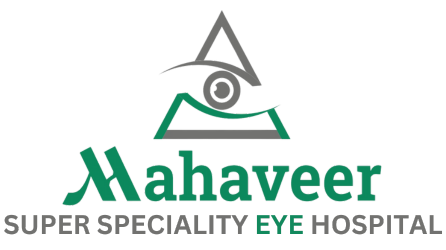Maintaining great eye health is crucial for children, as their vision is essential for learning, development, and overall well-being. However, many parents may not realize the importance of regular eye check-ups, especially since several eye issues in children can go undetected. This guide outlines how to promote strong eye health for your child and ensure they enjoy clear and healthy vision.
1. Importance of Early Eye Exams
Starting eye care early sets the foundation for lifelong vision health. Children should have their first comprehensive eye exam at six months old, followed by another at age three, and again just before they start school. Early detection of conditions like amblyopia (lazy eye) or strabismus (crossed eyes) is essential for effective treatment and can significantly improve long-term outcomes. Regular exams allow eye care professionals to address issues that may impact learning and social development.
2. Watch for Warning Signs
- Frequent squinting or tilting of the head to see more clearly
- Excessive eye rubbing
- Holding books, screens, or other objects unusually close to the eyes
- Struggling to focus on tasks or maintain attention
3. Managing Screen Time
Excessive screen time can cause eye strain and fatigue in children. Encourage healthy screen habits by following the 20-20-20 rule: every 20 minutes of screen time, prompt your child to look at something 20 feet away for 20 seconds. This practice helps reduce eye strain and refreshes their focus. Ensure regular breaks, especially if your child uses devices for schoolwork, and aim to limit screen use before bedtime to support better sleep and overall eye health.
4. Promote Good Eye Hygiene
Teaching good eye hygiene can prevent infections and irritations. Encourage your child to wash their hands frequently, especially before touching their eyes, and discourage eye rubbing, which can introduce germs and cause irritation. Use clean tissues for wiping eyes if your child has allergies or a cold, helping to maintain hygiene and prevent infection.
5. Nutrition for Healthy Eyes
- Fruits and vegetables rich in vitamins A, C, and E, such as carrots, spinach, and kale
- Omega-3 rich foods, like fish, which support retinal health and prevent dry eyes
Regular follow-up eye exams are essential to monitor vision health as your child grows. Following the initial comprehensive exam, aim for check-ups every one to two years, or as recommended by your eye care professional. Routine evaluations help track changes in vision and address any issues early, ensuring your child’s eyes remain healthy and ready to support their learning and play.



